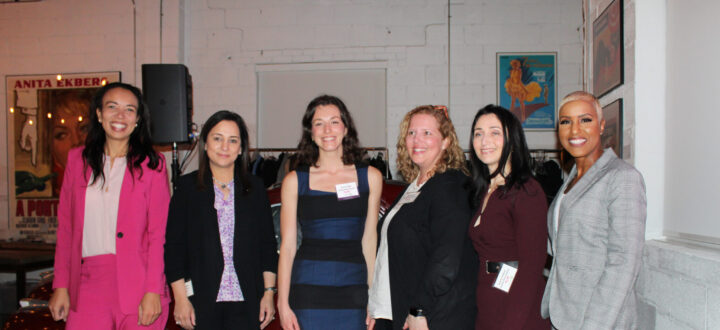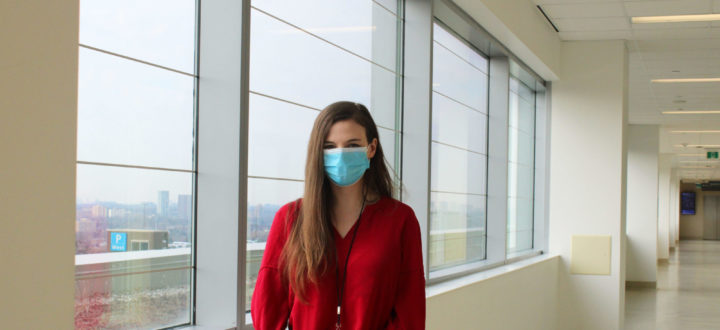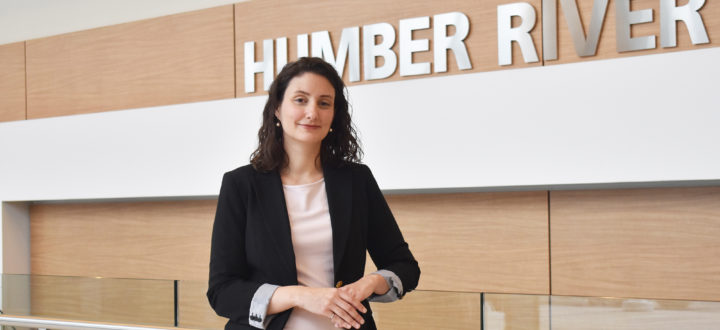6 People Making a Difference in Seniors Care at Humber River Hospital
Every day at Humber we are privileged to care for older adults and their families. In fact, 73% of the patients we serve are over the age of 65! With a great deal of innovative thinking and a compassionate approach, our team at Humber has taken early action to address the needs of this patient group.
We would like to introduce you to 6 people (of many!) at Humber who are making a difference in Seniors Care:
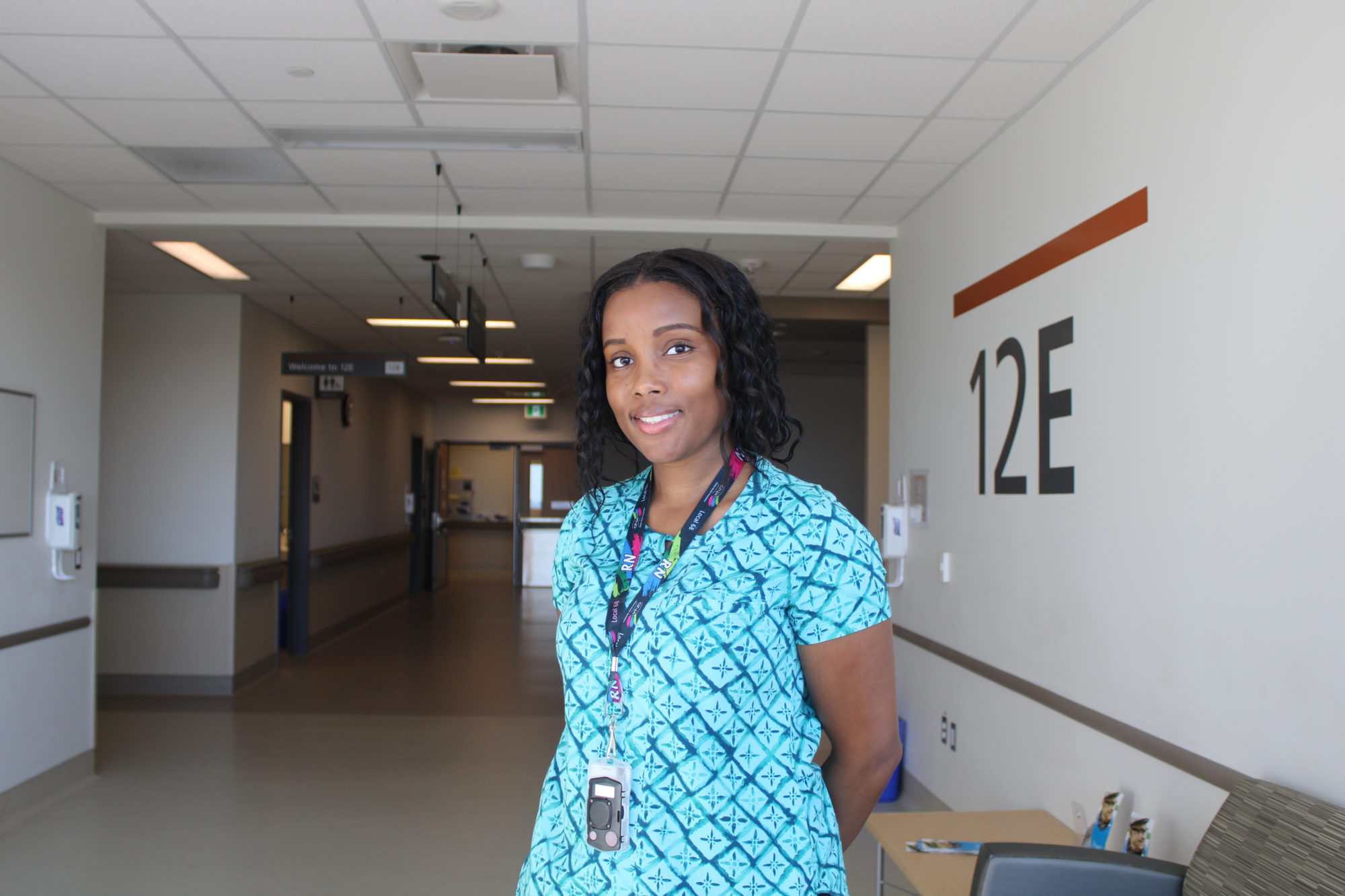
Kris Anne Simpson, Resource Person
“My mother worked in a nursing home, so I grew up around seniors. On 12 East at Humber we only see senior patients, and I really like working with this population. As the Resource Person, I am essentially a full-time Charge Nurse who helps to connect nurses, physicians, social workers, and other interdisciplinary staff to coordinate patient care. I like that I’m in a position to advocate for the patients on our floor and make a connection with them. If they have trouble navigating the healthcare system, I help to fill in the gaps.”
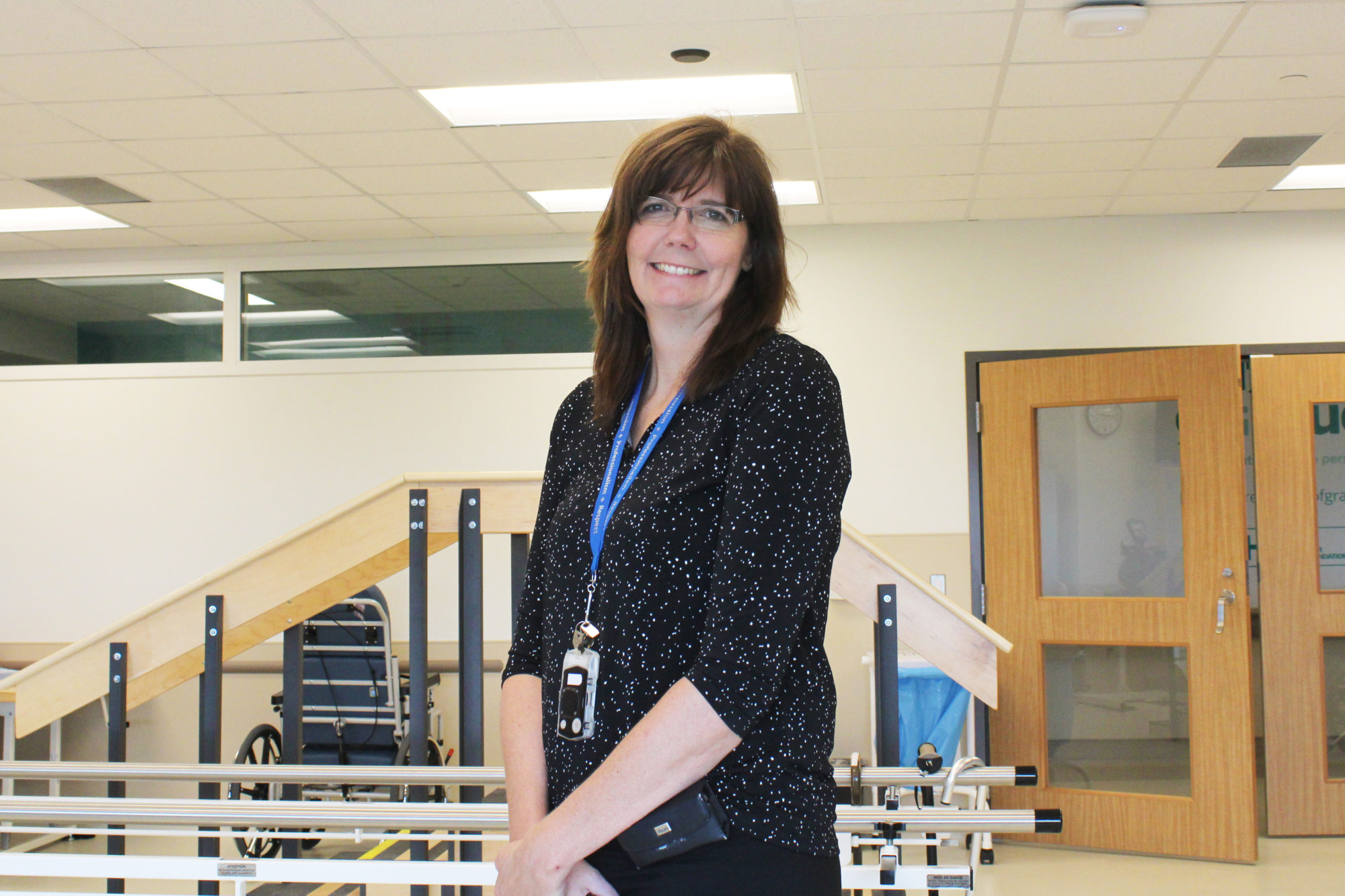
Denise Scott, Physiotherapist
“I have worked at Humber River Hospital for 15 years – it is my community Hospital and I have been proud to be part of something that is always growing and improving. Recently I’ve helped create and implement the HEART Program: the Humber’s Elderly Assess and Restore Team. This team screens senior patients when they are admitted so that we can identify those at risk of losing function while they are here. These patients are eligible for daily therapy for restoring mobility.”
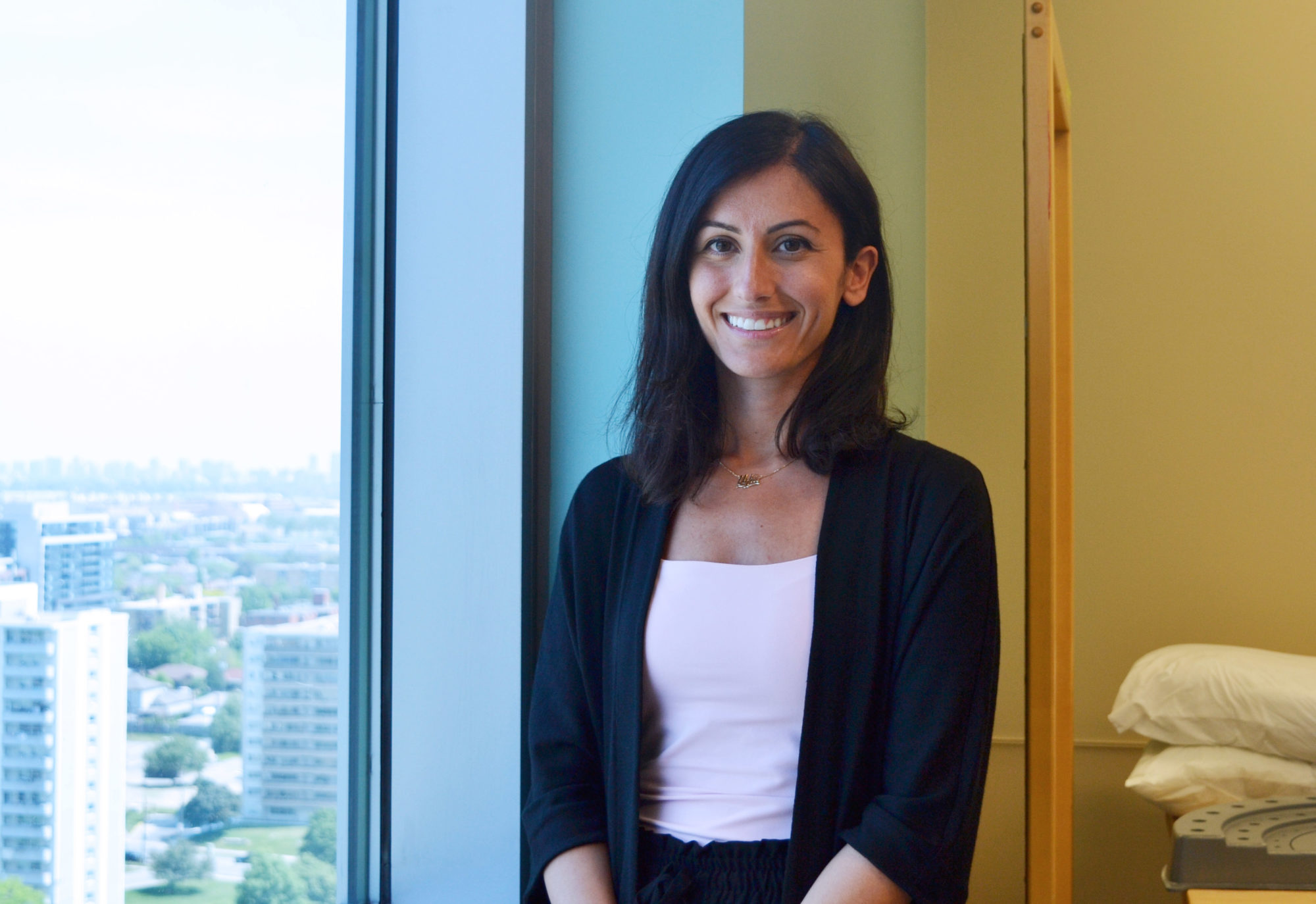
Alin Khodaverdian, Occupational Therapy Professional Practice Leader
“Part of our work as Occupational Therapists is to promote the independence of our patients so that they can transition back into their communities safely. As the Professional Practice Leader, I make sure that all of our Humber Occupational Therapists are up to date with best practices. OTs are really well positioned to work with seniors because we can help them address the physical, functional, or cognitive barriers that make it challenging to go home right away. Our ultimate outcome is that our patients can return to their lives, and if they aren’t able to go home we make recommendations with an emphasis on maintaining as much independence as possible.”
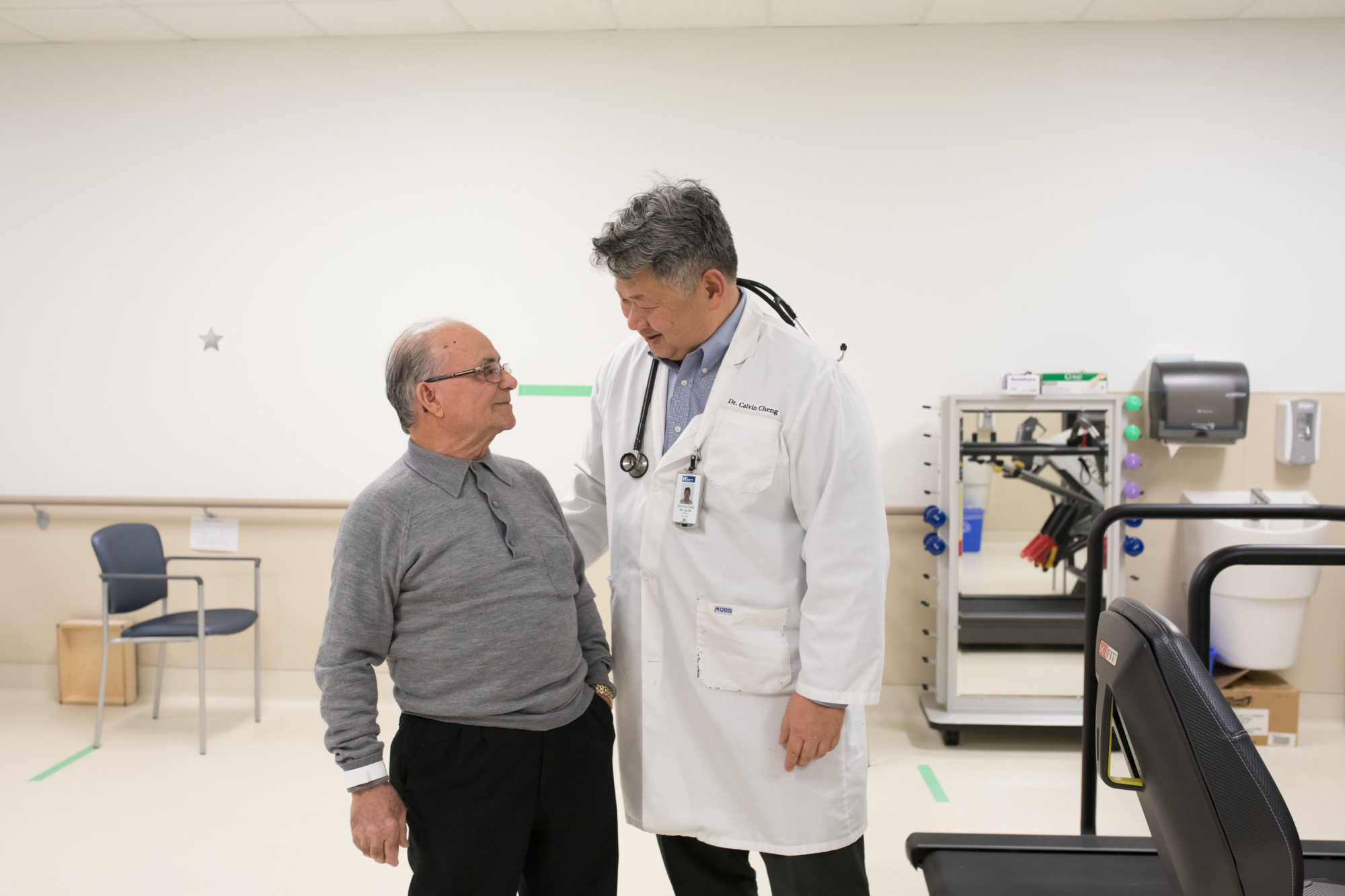
Dr. Calvin Cheng, Geriatrician
“I think that there are two important elements to providing quality seniors’ care: The first is that we are able to provide great care for seniors when they are in our Hospital. The second is having programs focused on helping seniors transition back into their communities and preventing seniors from ending up back in our ER. Our new Humber’s Elderly Assess and Restore Team (HEART) is helping to ensure seniors maintain or even improve their levels of independence while they’re here. We have a great falls prevention program. And we have nurses who can follow seniors back into their community to make sure they have the resources they need.”
(Read Dr. Cheng’s full interview here)
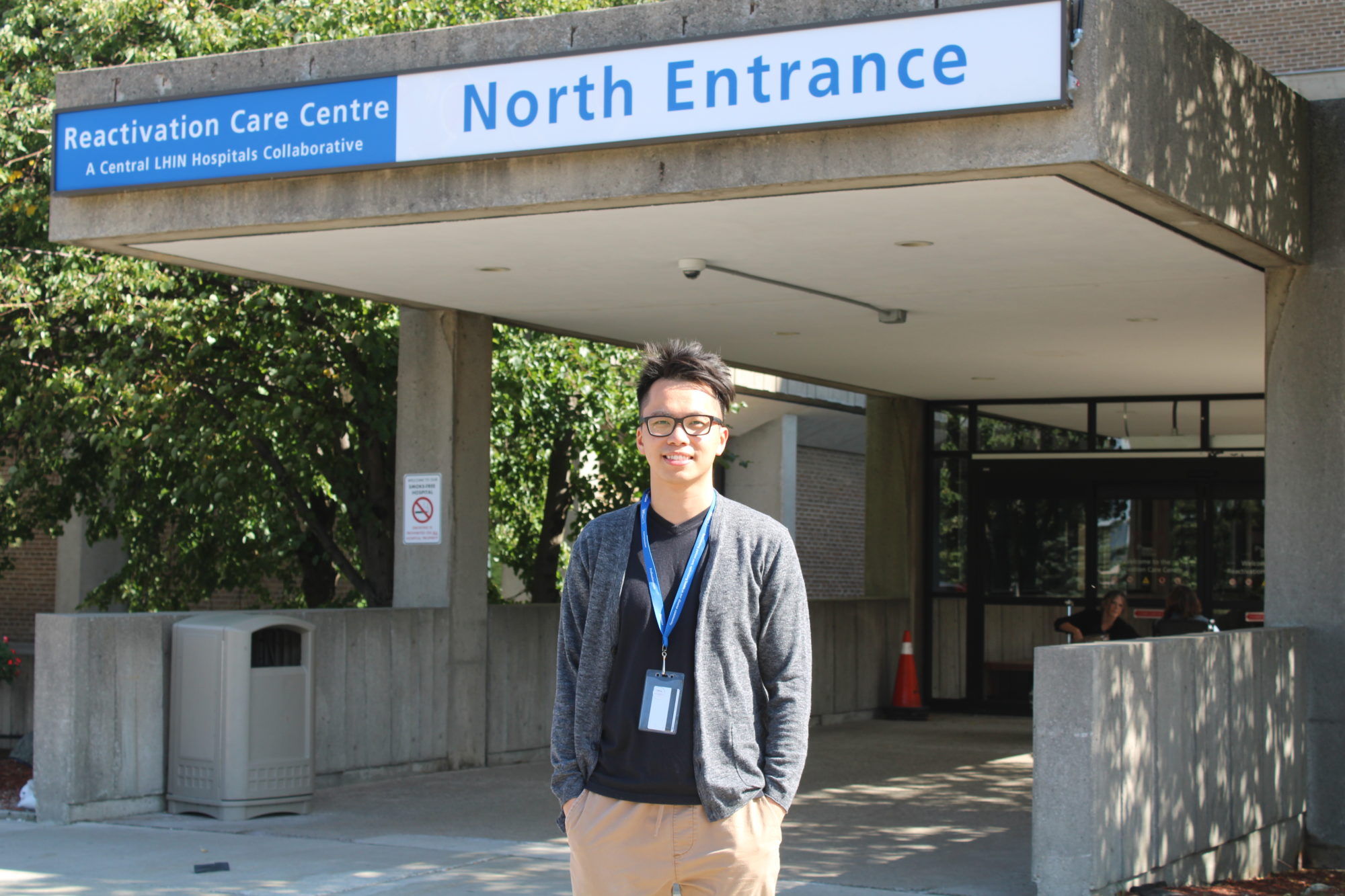
Alvin Chio, Physiotherapist at RCC Finch
“At the Reactivation Care Centres we have physiotherapists present seven days a week, so our patients can work with a physiotherapist almost every other day. Our goal is to help them increase their mobility and help them regain as much independence as possible before they transition home, into long term care, rehab or convalescence. If they are bed-bound, our goal might be to get them to sit at the edge of their bed. If they can sit, we work towards helping them stand. It is rewarding to see people improve and regain independence.”
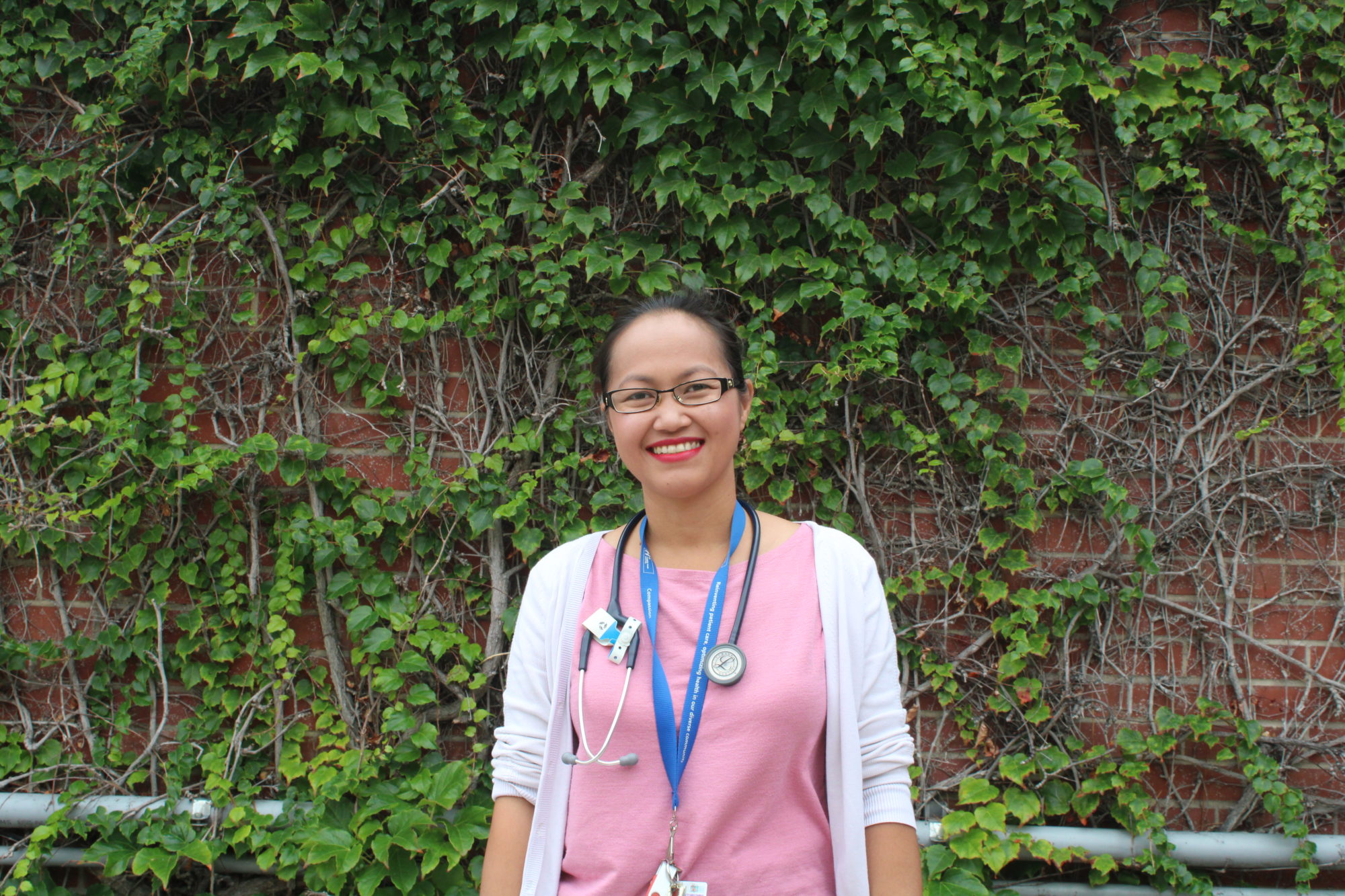
An Nguyen, Nurse Practitioner at RCC Church
“The RCCs are a very good environment for patients who don’t require acute care services and who are waiting to go to their long term care or alternate facilities. We provide more physical activity to help patients improve their independence and offer recreation therapy every day to maintain their cognition. The RCC works well because we have a great team that works together towards a common goal to promote quality of life for our elderly patients.”



